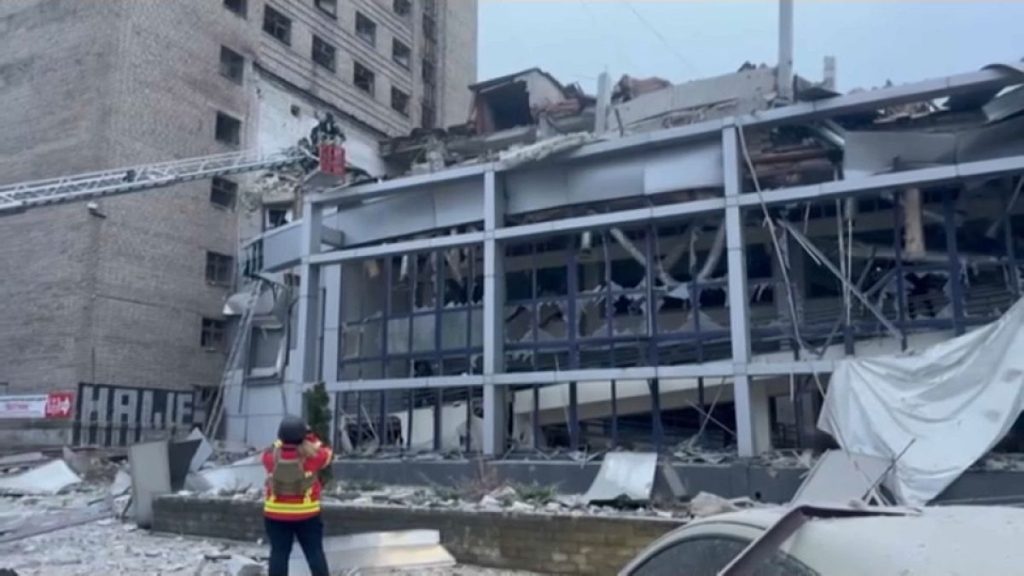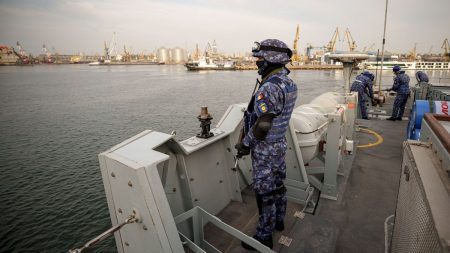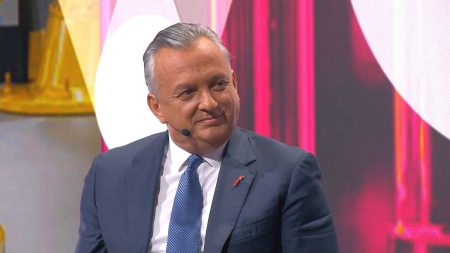The recent Russian missile strikes on Ukrainian cities have once again underscored the urgent need for enhanced air defense systems in the war-torn nation. On Tuesday, a devastating attack on a private clinic in the heart of Zaporizhzhia claimed the lives of at least three people, including two doctors and a young child, and left twenty others injured, many critically. The strike, which caused widespread damage to surrounding buildings, prompted an immediate response from emergency services, including medical personnel, police, and rescue workers. This attack, coupled with a separate double ballistic missile strike on the town of Zlatopil in the Kharkiv region, which damaged an administrative building and sixteen residential structures, further emphasizes the vulnerability of civilian populations and infrastructure to Russian aggression.
Ukrainian President Volodymyr Zelenskyy reacted swiftly to the Zaporizhzhia attack, highlighting the critical need to bolster Ukraine’s air defense capabilities. He reiterated that requests for assistance in acquiring necessary defense systems have been submitted to international partners. Zelenskyy’s plea comes amid an intensified push for greater Western support to counter the escalating Russian offensive. The recent attacks demonstrate the devastating impact of Russia’s sustained aerial campaign, which continues to target civilian areas and critical infrastructure, causing widespread death and destruction.
The ongoing conflict has spurred a broader discussion on long-term security guarantees for Ukraine. President Zelenskyy has publicly stated his openness to the deployment of Western troops within Ukraine as a measure to deter further Russian aggression and pave the way for eventual NATO membership. This proposal, while raising complex diplomatic considerations, reflects Ukraine’s determination to secure its future within the framework of Western alliances. It also underscores the growing urgency of finding a resolution to the conflict, which has now stretched into its third year, with Russia seemingly gaining momentum on the battlefield.
Zelenskyy’s call for Western troop deployment represents a significant development in the ongoing diplomatic efforts to resolve the Ukrainian conflict. Such a deployment, if realized, would mark a substantial escalation of Western involvement and could potentially reshape the dynamics of the conflict. However, it also carries considerable risks, including the possibility of further escalating tensions with Russia and complicating the already intricate web of international relations surrounding the war. The proposal highlights the difficult balancing act faced by Western powers, as they seek to support Ukraine without provoking further escalation from Russia.
The persistent Russian attacks, coupled with Zelenskyy’s proposals, underscore the increasingly precarious security situation in Ukraine. The targeting of civilian infrastructure, such as the clinic in Zaporizhzhia, reinforces concerns about the indiscriminate nature of the Russian offensive and the urgent need for international intervention to protect civilian lives. The continued bombardment of Ukrainian cities further strengthens the argument for bolstered air defense systems and highlights the vital role of international partners in providing Ukraine with the necessary resources to defend itself.
The evolving situation in Ukraine presents a complex and multifaceted challenge for the international community. The need to balance support for Ukraine with the imperative to avoid further escalation with Russia necessitates a delicate and nuanced approach. As the conflict grinds on, the human cost continues to mount, underscoring the urgency of finding a lasting and peaceful resolution. The coming weeks and months will be crucial in determining the trajectory of the conflict and the extent to which international partners can effectively contribute to a sustainable peace.










